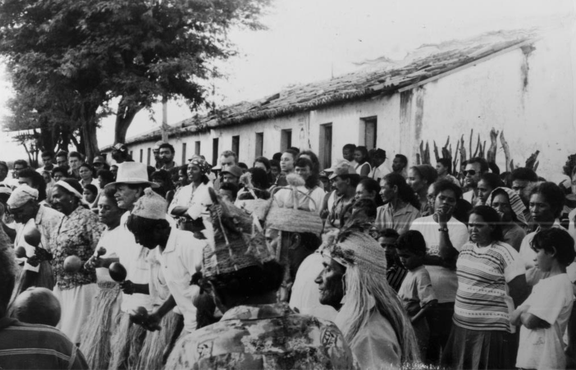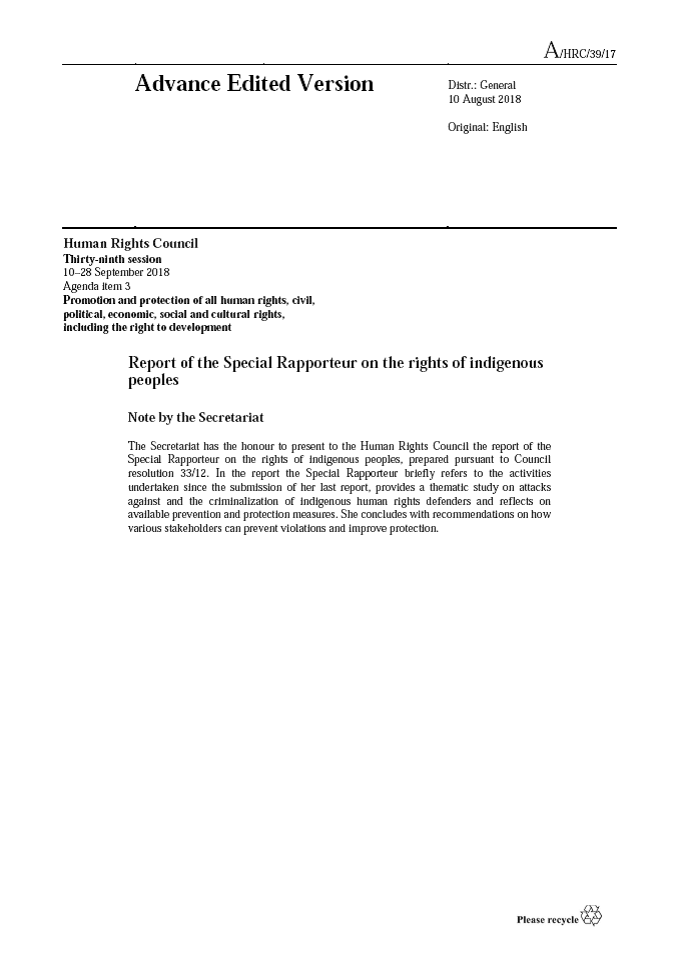Tainted Lands: Corruption in Large-Scale Land Deals
Section I provides an overview of large-scale land deals. It assesses the trend at a global level and examines structural obstacles faced by efforts to regulate such deals. Section II focuses on corruption as a major obstacle to improving the protection of local communities and indigenous peoples whose livelihood, identities, and traditional ways of life depend on the use of local lands and natural resources. This phenomenon is largely understudied because corruption, by its very nature, is hidden and therefore poorly documented.




